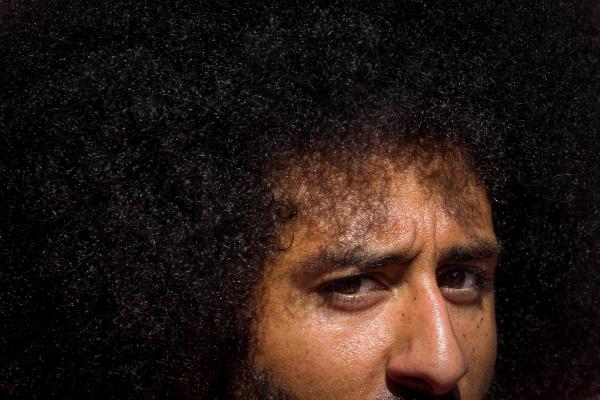Sep 5, 2018
“They shall not die in vain,” then, is very different from the concept embedded in “our thoughts and prayers are with them.” The former resounds as a call to action, while the latter connotes resigned quietism. Acquiescence, of course, is not the message that Bush, King, or Wilson intended when they used the phrase. They meant to inspire their listeners to make a change, to reinvigorate their commitment to a cause. They were exhorting people to ensure that the lives of the victims would not be lost in vain. In this version, redemption has not yet occurred. It requires further action on our part.
Read the Full Article

Already a subscriber? Login
